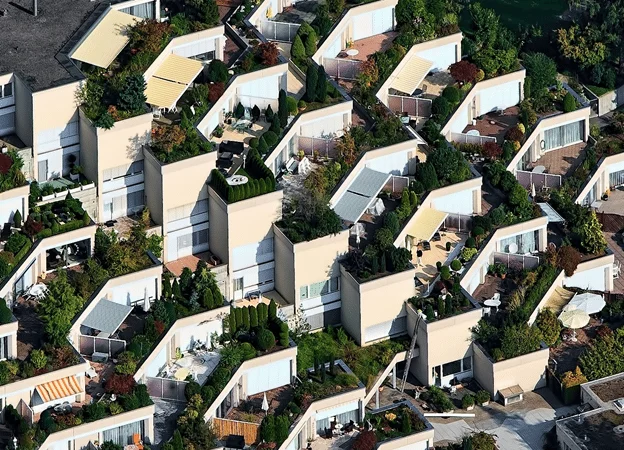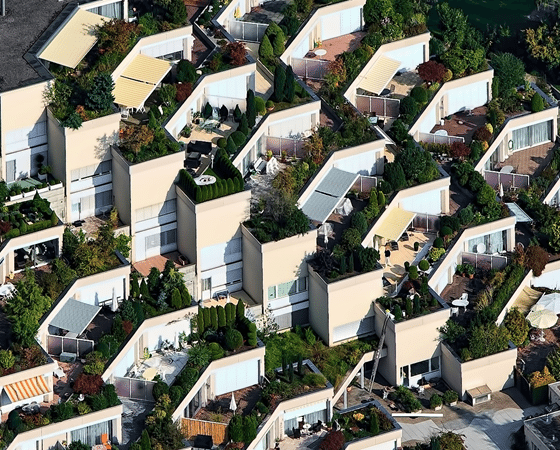

Environment
From Letting to Selling: How Can UK Property Go Green?
Scientist predict that, by 2100, sea levels will have risen up to 50cm due to global warming, with higher rainfall, more melting snow and ice, severer weather and other changes being witnessed in the coming years.
So, how can the UK property market help reduce greenhouse gases and provide cleaner, more environmentally-friendly properties for homeowners and tenants alike?
New Homes Need to Be Built from Sustainable Materials
Over the next few decades, it’s anticipated that the sustainable urban living property market will take off across Europe. With the combined trends of green urban development and international investment continuing, private interests and state actors are being called upon to collaborate. Within the urban living markets around the world, networks of stakeholders are formed to share solutions and efficiently connect cities.
For example, Urban Hub is an organisation that brings together a whole host of people, including entrepreneurs and civic bodies, to tackle the challenges many cities, like Manchester and London, face. These groups are focused on sharing solutions, but are also open to growing and small-scale businesses.
China is a great example of how sustainable urban living can be achieved. The Nanjing Towers demonstrate how environmentally-friendly, clean living can be achieved. The construction (which is due to be completed in 2018) features two vertical forests that will generate 132 pounds of oxygen per day through CO2 conversion.
What’s the ‘Green’ Future for the UK Property Market?
The UK’s domestic property market is seeing a rise in sustainable urban projects. In 2014, many developers gave three distinct reasons for wanting to develop these. The first was the attractiveness of these types of properties within the letting market as tenants are increasingly conscious of the environment. The second was the larger overall returns green properties provide investors with. The final was the rise in funding initiatives and tax breaks provided by housing authorities and the UK government.
Therefore, even though developing green properties is, at present, more costly, the potential return on investment is far greater. This means, if the trend continues, sustainable urban developments will, on a long-term basis, become a less costly form of building than traditional methods. A fine balance for a UK property go green push.
Lettings Can Improve Their “Green” Efforts, Too
As we’ve seen above, green lettings are becoming increasingly sought after from tenants. Even though landlords are often renting out older, more unsustainable properties, they can still promote an environmentally-friendly letting when marketing their property through estate agents like Andrews Online.
Some of the ways lettings can be made ‘greener’ include improving insulation within the property. By ensuring less heat is being lost throughout the property due to poor insulation, they’ll reduce the amount of heating required, saving energy and money. They can also install energy-efficient appliances, getting rid of old ones that drain energy resources. With the average energy-saving light bulb consuming 80% less energy than standard bulbs, these changes are incredibly easy to make and help the UK property go green.
Equally, for a more innovative approach, landlords could also consider using green energy supplies at their properties. Solar panels have grown in popularity in recent years and not just because they offer a renewable source of energy but because they can also generate the property owner an income, too. These factors help the UK property go green.
Other simple changes include growing plants on the exterior of the building, introducing timed-functions on lighting in communal areas, providing recycling where the local authorities do not and promoting greener energy use within their properties.
With the combined effort of house developers, the government, local authorities, specialist organisations and landlords, real estate in the UK can, and will, become much greener. For businesses to follow suit, we could see a change for the better.






























